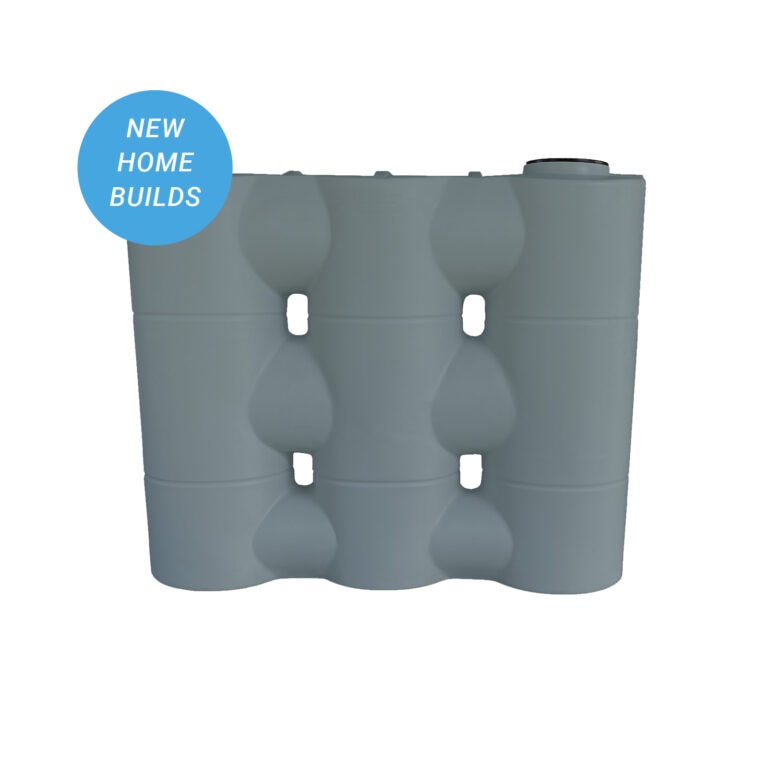Discover the Value of Rain Tanks for Lasting Water Conservation Initiatives
In the realm of sustainable water preservation, the usage of rainwater tanks stands as a crucial method that values better exam. The value of rainwater containers transcends mere storage space; it personifies a positive approach in the direction of environmental stewardship and source administration. By checking out the complex benefits of rainwater harvesting, a profound understanding of its possible influence on water preservation efforts arises. Through a lens of usefulness, environmental awareness, and common health, the integration of rain tanks introduces a tapestry of interconnected benefits that extend far past the surface.
Benefits of Rainwater Tanks
Utilizing rainwater containers supplies a useful option for lasting water management by using nature's resources efficiently. Rainwater storage tanks accumulate and store rain that drops on roofs, which can after that be used for various non-potable functions, such as irrigation, cleaning clothes, flushing bathrooms, and even for some safe and clean usages with proper therapy. Among the crucial benefits of rainwater tanks is the reduction of demand on mains water, particularly during dry seasons or droughts.
Ecological Impact of Rainwater Harvesting
Rain collecting with the use of containers offers a sustainable water monitoring practice with favorable ecological effects. By capturing rainwater, this approach assists reduce the need for mains water supply, consequently alleviating the concern on water treatment plants and reducing energy usage connected with water circulation.
In addition, rainwater harvesting promotes water conservation and lowers reliance on finite water sources. Overall, the environmental influence of rainwater harvesting highlights its relevance in progressing sustainable water administration techniques.
Rainwater Storage Tanks for Residential Use
Having actually highlighted the ecological benefits of rainwater harvesting, the focus currently changes to the practical application of rainwater storage tanks for domestic water preservation (Slimline water tanks). Rainwater tanks play a crucial role in residential water administration by capturing and saving rain that falls on the roofing of a residence. These containers can vary in dimension and material, providing home owners adaptability in picking a system that fits their needs
One of the main benefits of utilizing rain containers in household setups is the decrease in reliance on mains water. By accumulating rainwater for non-potable uses such as watering gardens, cleaning vehicles, flushing commodes, and doing washing, families can dramatically lower their total water usage and utility bills. Furthermore, rainwater is normally without the chemicals located in cured water, making it a preferable selection for particular house jobs.
Furthermore, rainwater harvesting systems can aid minimize metropolitan flooding and erosion by reducing stormwater runoff. By capturing rainwater in containers, less go to the website water flows right into storm drains pipes, reducing the stress on community drainage systems throughout heavy rainfall. Overall, including rainwater storage tanks into houses adds to sustainable water preservation initiatives and promotes self-sufficiency in water monitoring.

Economic Advantages of Making Use Of Rain Containers
The monetary advantages connected with the execution of rainwater tanks in household and industrial setups are significant and diverse. Among the key financial advantages of making use of rainwater containers is the decrease in water costs. By collecting and saving rain for various non-potable uses such as watering, toilet flushing, and washing, home proprietors can considerably reduce their dependence on keys water system, causing considerable price savings gradually.
Moreover, the installation of rain storage tanks can increase building value. In today's ecologically conscious market, homes equipped with sustainable functions like rain harvesting systems are frequently extra eye-catching to possible customers, commanding higher market price and faster sale times.
Furthermore, rainwater containers can assist services and property owners reduce the effect of water restrictions and fluctuating water rates. By having an additional water source during dry spells or periods of enhanced water prices, people and organizations can much better manage their water-related expenses and keep functional continuity. In general, the financial advantages of utilizing rain storage tanks make them a wise investment for lasting savings and sustainability.
Neighborhood Sustainability Through Rainwater Collection
Considering the more comprehensive impact beyond specific advantages, the combination of rain collection systems in neighborhoods plays a vital duty in promoting environmental sustainability and source monitoring. Neighborhood sustainability via rainwater collection initiatives not just aids in lowering the stress on community water sources but likewise helps in alleviating the results of urbanization on neighborhood water systems. By setting up rainwater containers in public buildings, parks, and public spaces, neighborhoods can lower their reliance on centralized water resources, causing a more durable water supply during dry spells or emergency situations.
Moreover, community-level rainwater harvesting promotes a feeling of cumulative duty towards water conservation. Eventually, community sustainability through rainwater collection not just benefits the existing generation yet also ensures a much more sustainable future for generations to come.

Verdict
